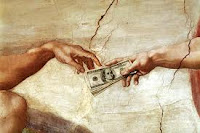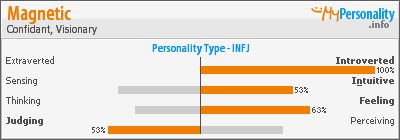
Yesterday, all the little little troubles in my life decided to dog-pile me, and I started feeling a bit blue. But it's funny how God can nudge you and gently remind you, in unexpected ways, how blessed you are.
Last night I was having sitting in Starbucks with my 19 year old son, Zach, and we were talking about his plans for the future. This got me thinking back to the same time in my life. 19 was a year of monumental changes for me, I celebrated my 19th birthday at Texas A&M, then the next semester I was at a community college trying to get my grades up, planning to return. But then my parents separated for a while, and told me that I had to make my own way. Overnight, I went from college student, still depending on my parents, to having to find a job and support myself with little education and few marketable skills. I bear no ill will toward my parents, for even then I understood that they were having tough time. But occasionally I will second guess my own choice to stay in Oklahoma; I was free and could have gone anywhere -- Colorado, Florida, College Station.... But then I look over the course of my life, and realize that I've been blessed. Every day, even the seemingly dark days have been a gift from the hand of God. Who could have guessed that I would have gotten from there to where I am today. There are many things that could have (or can) dramatically change the outcome of my life yet, by the Grace of God, here go I. And though I am doing well financially, that is not what I'm primarily talking about, more so I'm talking about the family I have, the faith that has been refined in me, and the friends I have made.
Then, as if God is wanting to re-enforce this thought, I read this from "It's What You've Been Given, Not What You Lost" in my blog reader morning:
Toward the end of the [Voyage of the Dawn Treader] as the main characters stand at the edge of Aslan’s country contemplating whether to go further, or stay in their respective worlds. At that point King Caspian offers a breath-taking observation, “I’ve spent too long wanting what was taken from me and not what I was given.” It hit me smack between the eyes. There are two ways to live in this world, either being thankful for what God has given you, or growing in bitter frustration at what you’ve lost.
...
When you focus on what God has given rather than the things you’ve lost, you can know great joy and gratitude even in the painful realities of the age we live in. God is the redeeming influence in your life, not the destructive one. Those who seek your destruction are pawns in the hands of a diabolical enemy. As painful as they can make our lives, God is bigger still. He can even turn our losses in this age into a treasures far greater by making himself known in the midst of our pain and disappointment.
All I can say is -- Thank you Father!







